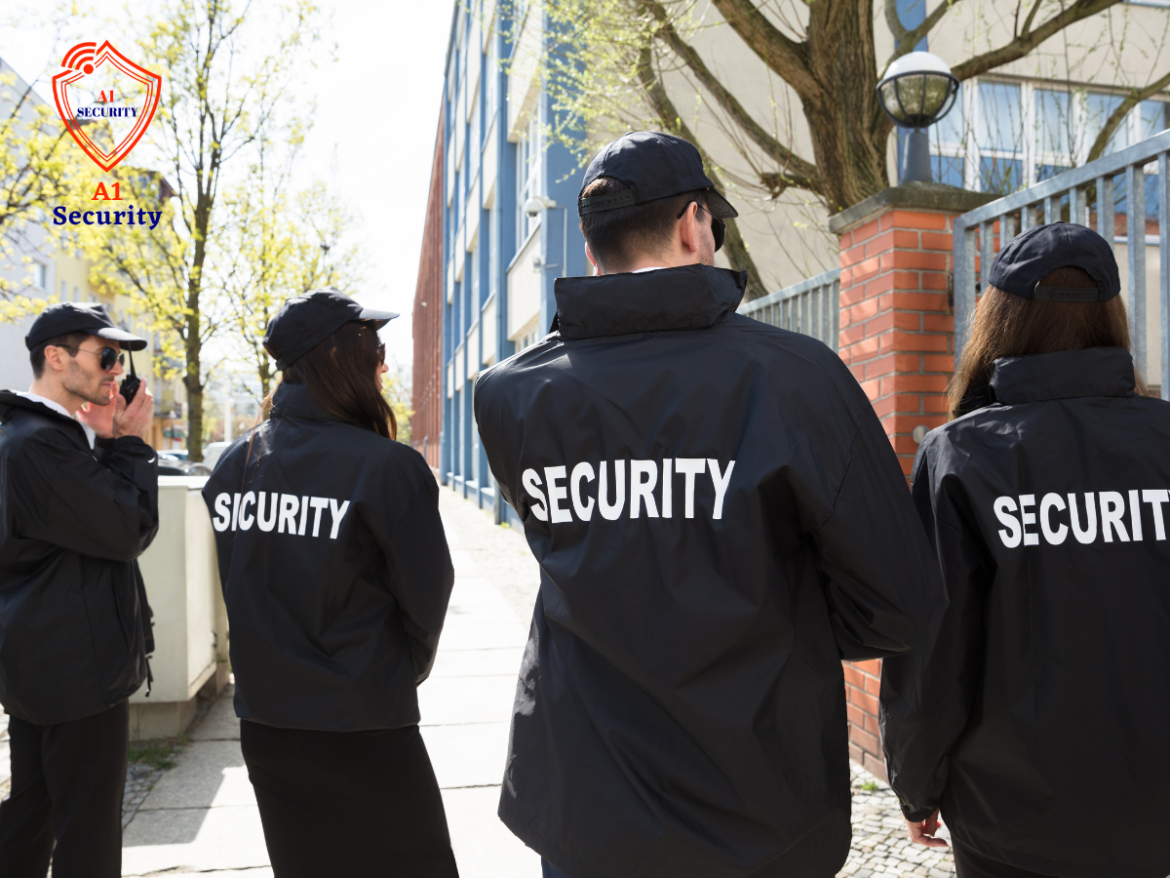Having a concierge security guard is a great way to watch over your occupants and ensure that they are able to access the building. This can also include a liaison point for contractors, utility suppliers, and other company deliveries. This can also help protect you from opportunistic theft.
Provide access control
Providing access control for concierge security guards involves several factors. This includes the ability to handle customers in a friendly manner, as well as a good presentation. It also involves maintaining a high level of situational awareness. It’s important to have a well-rounded security plan that includes both physical steps and digital steps.
One of the most important aspects of providing access control for concierge security guards is to have an established relationship with your clients. By offering them sound advice and data collection, you can gain their trust. It’s also a good idea to have regular check-in meetings to discuss access control policies and incidents that occurred.
To keep track of who enters and leaves the building, you may use access badges or keycards. Depending on the needs of your building, you may also need to use metal detectors. You can record your records in an Operations Log or an Officer Duty Book.
You can also use guard management software to set tasks and note them. In the event of a breach, you can use an automated response system to alert the proper authorities. You can also stream CCTV footage to detect anomalies. These cameras can also be equipped with analytics software to alert you when something is amiss.
You should also ensure that your concierge security guards are well-trained. They need to know about your building policies, as well as know how to perform their job. The best part is that they can provide a high level of customer service and safety for building occupants.
You can also hire a concierge security guard to provide access control at your building’s front door. These professionals can check in guests and make sure that no one is blocking the entrance or exit. They can also conduct regular patrols to ensure that the building is secure.
Protect against opportunistic theft
Having a concierge security guard is one of the best ways to protect against opportunistic theft. They help protect your building and property by monitoring the entrance and exit of people and by keeping the building orderly. They also report any suspicious activity to the police. They have a wide variety of skills, including knowledge of security alarms, surveillance systems and safety alarms.
In addition to monitoring the entrance and exit of people, a concierge security guard may also monitor the CCTV camera system. These cameras can be very effective in detecting opportunistic theft. They also help detect vandalism, as well as report suspicious activity to the police.
A concierge security guard can also provide a valuable front of house experience, and a strong security presence can deter opportunistic crime. They can also provide useful advice on how to protect your property, and how to keep your staff safe.
One of the most important parts of a concierge security guard’s job is monitoring security alarms. They have a good understanding of the systems, and they can often be assigned the responsibility of monitoring CCTV feeds.
A concierge security guard can also act as a point of contact for emergency services, as well as coordinating emergency responses. Their knowledge of surveillance systems, safety alarms and emergency procedures can help keep your property safe and alert the proper authorities to suspicious activity. They also have a wide variety of skills, including digital literacy. They can also settle into computerized administration systems with minimal site-specific training.
They can be found in many different types of buildings, including business centres, retail centres, and residential buildings. They are also often key holders, and may have a specific role in monitoring security alarms. They have a helpful and friendly attitude, and they will act quickly in emergency situations.

